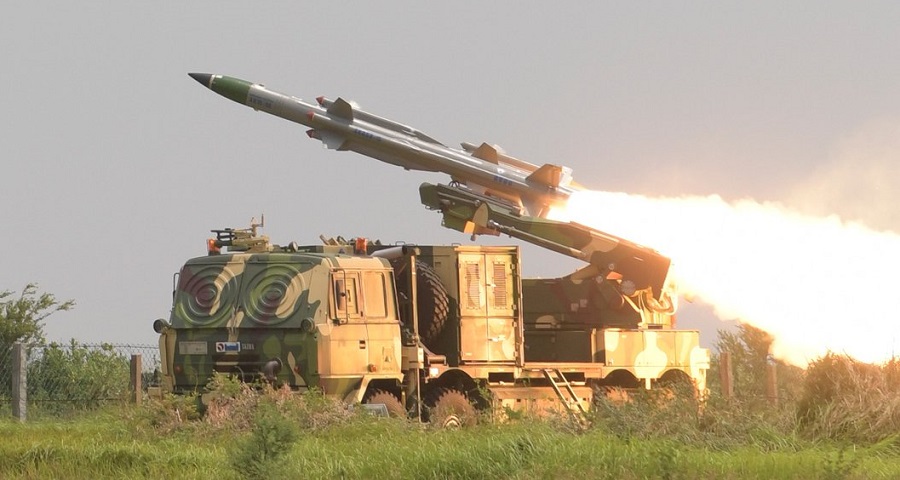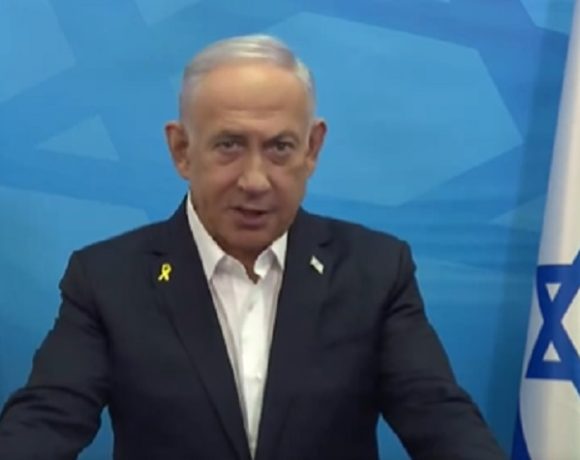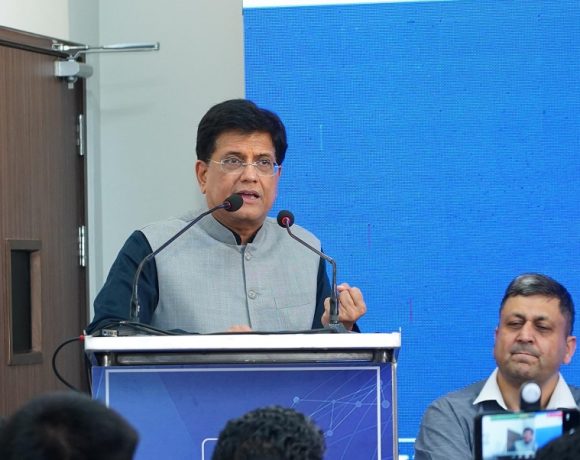
Armenia Signs $1.5B Defense Deals with India
Armenia has signed defense contracts worth more than $1.5 billion with India over the 2022–2023 period, marking a significant geopolitical and strategic shift away from its longstanding dependency on Russian military supplies. This signals Armenia’s attempt to recalibrate its defense posture amid growing security concerns in the South Caucasus.
Armenia’s Expanding Military Procurement from India
The deals with India include a wide range of cutting-edge indigenous weaponry and defense systems. Among the major acquisitions are:
- Pinaka multi-barrel rocket launchers
- Advanced Towed Artillery Gun Systems (ATAGS)
- Swathi Weapon Locating Radars
- ZADS counter-drone systems
- Akash-1S and Akash-NG air defense systems
- Konkurs anti-tank missiles (Russian origin, licensed to India)
- Mortars and large volumes of varied munitions
These systems, produced by Indian public sector giants such as Bharat Dynamics Limited (BDL), Bharat Electronics Limited (BEL), and the Ordnance Factory Board, reflect India’s emergence as a reliable defense exporter.
Armenia Shifts Away from Russian Dependence
For decades, Russia was Armenia’s dominant military supplier, accounting for over 90% of its arms imports between 2011 and 2020. However, Russia’s own conflict in Ukraine, coupled with its inability to fulfill commitments to Armenia during the 2020 Nagorno-Karabakh war and subsequent Azerbaijani offensives, has pushed Yerevan to diversify.
According to a 2023 International Republican Institute survey, Russia is now viewed as Armenia’s third-highest threat—after Azerbaijan and Turkey—showing a dramatic shift in public perception and strategic orientation.
Growing Strategic Ties with India and France
Armenia’s defense ties are not limited to India alone. It has also signed military procurement agreements with France worth approximately $250 million. These include orders for GroundMaster 200 radar systems, Mistral 3 MANPADS, and Caesar artillery systems.
Meanwhile, Armenia continues to broaden its global partnerships. In January 2025, it signed a strategic cooperation agreement with the United States, and in February 2025, its parliament passed legislation to initiate formal EU membership proceedings.
Regional and Strategic Implications
This realignment not only reshapes Armenia’s military capabilities but also sends a clear message about its diplomatic trajectory. With its pivot toward India, France, and the West, Armenia appears to be creating a multi-vector foreign policy strategy that reduces reliance on Moscow and enhances its leverage in the region.
For India, this marks another milestone in its ambition to become a major global arms exporter, especially to countries seeking cost-effective yet battle-proven alternatives to Russian equipment.


















